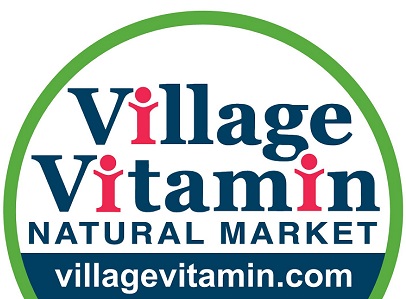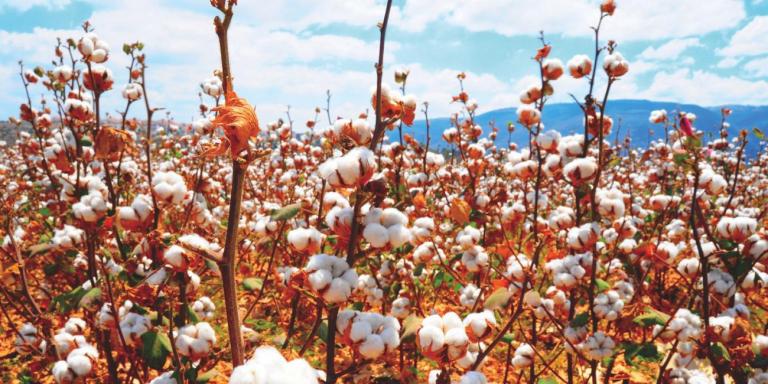Your Questions About Fair Trade, Answered
October is Fair Trade Month, but only about 55 percent of the US population knows what the term “fair trade” means. Here, we answer some of the most common questions about this ethical label.
What does the term “fair trade” mean?
Basic principles of fair-trade certification include fair wages for farmers, transparency and accountability, no child labor or forced labor, gender equity, ensuring good working conditions, respecting the environment, and improving the communities in which a product is produced.
Traditionally, fair-trade companies have supported cooperatives of small-scale farmers, as opposed to large plantations, each run by a single owner. Some certification programs no longer make this distinction.
“Within the growing sea of ethical labels, fair trade remains unique,” states Fair Trade USA, the leading third-party certifier of fair trade products in North America. “It is one of the only certifications whose purpose is to empower farmers and workers to fight poverty through trade and to protect the environment.”
In addition to Fair Trade USA, other fair-trade certifiers include Fair for Life, Fairtrade International, and World Fair Trade Organization. To determine if a product or ingredient is fair trade, look for the certification seal.
What type of products are available as fair trade?
Coffee, chocolate, tea (green, black, white, oolong), herbs and spices, honey, wine, shea butter, coconut oil, and cotton are among the most common.
Are fair-trade products also certified organic?
Not necessarily. Certified organic products are produced without the use of toxic and persistent fertilizers and pesticides. About half of Fair Trade Certified imports are organic. Still, fair-trade certification does ensure that certain environmental standards have been met. These include the protection of water resources, agricultural diversification, the elimination of slash-and-burn agriculture techniques, reducing the use of pesticides and fertilizers, and banning the use of GMOs.
How many farmers worldwide are involved with fair-trade practices?
More than a million farmers grow fair-trade products, and nearly 13,000 metric tons of fair-trade tea, herbs, and spices are sold worldwide each year.

